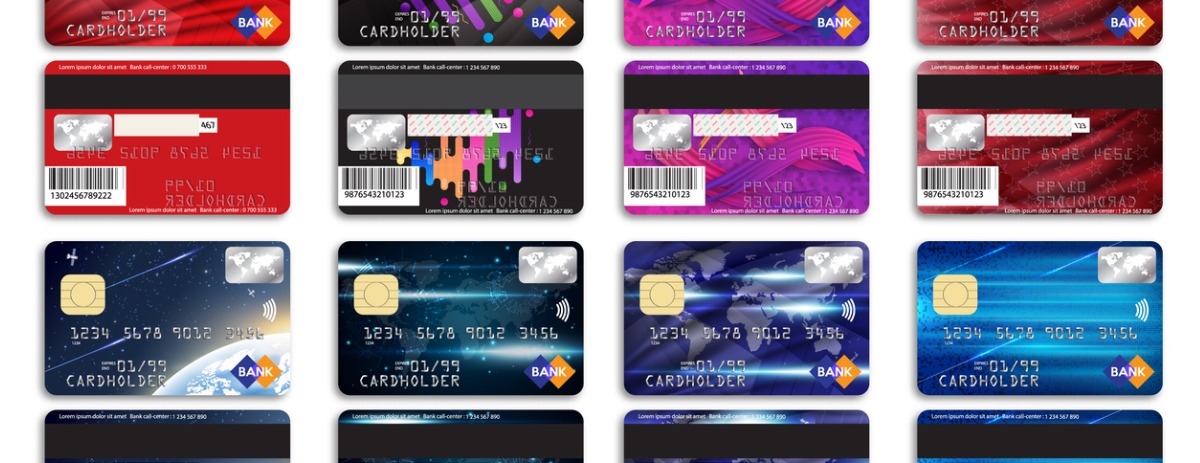How to compare credit cards the right way
Comparing credit cards the right way can be rewarding, because there’s a credit card that can cater to almost every lifestyle and financial need.
When you compare, you’ll be looking at everything from interest rates, to reward programs to promotional offers to fees.
Compare credit cards by type of card
Since you probably already know that closing your accounts too often can hurt your credit score, we hope you’ll keep your card for some time. That’s why it’s important to choose the type of card that’s right for you – so you can enjoy its lifestyle benefits for time to come.
Here are the main types of cards:
- Reward credit cards. Cards that let you earn points you can redeem for gift vouchers, merchandise, travel, cash and more. These are great for people who pay off their credit card every month (so as to avoid interest).
- Frequent flyer credit cards. A type of rewards card that works with your airline’s frequent flyer programs to supercharge your points accumulation. These are great for people who fly a lot and who pay off their cards every month.
- Low-rate credit cards. Cards that charge a lower interest rate on purchases compared to most other cards. These are great for people who occasionally carry a balance, such as at Christmas time.
- No annual fee credit cards. Cards that don’t charge a yearly fee just to carry them. These are great for people who don’t use their card a lot or who keep their card mainly for emergencies.
Compare cards by interest rate and fees
Once you know what kind of card you want, you’ll want to find out how much it will cost you. Costs usually come from:
- Interest rate. The percentage your debt or balance will grow per year. Go for a lower interest rate if you think you’ll often carry a balance from one month to the next.
- Fees. These may include annual fees, cash advance fees, international transaction fees, additional cardholder fees and late payment fees. The fewer fees the better, although annual fees are sometimes unavoidable for certain types of cards like rewards cards.
Compare by the promotional offer
Depending on how you want to use the card, you may want to consider any introductory offer that comes with a credit card. Here are some of the most common:
- 0% purchase rate. These cards charge 0% interest on purchases for a limited time, such as 6 months or a year. This might be a good option if you plan to make a lot of purchases at once, such as at Christmas time or before a holiday, and could use a few months to pay it off.
- 0% balance transfer. These cards charge 0% interest, up to a certain amount and for a limited time, on existing debt you transfer over from other cards. These are good for people who want to consolidate debt from multiple cards and have a plan to pay it all off by the end of the promotional period.
- Extra rewards or points. Some rewards cards will offer extra rewards or points just for signing up. For example, a travel card or frequent flyer card could offer a free domestic flight or a rewards card could offer 10,000 free bonus points.
- Waived annual fees. Some cards will temporarily waive the annual fee, such as for the first year.
Compare credit cards by their perks
Many cards will come with additional perks that are also worth keeping your eye out for. These can include:
- Free travel and medical insurance
- 0% foreign transaction fees
- Airport lounge access
- Concierge services
- Purchase protection and extended warranty
- Retail partner discounts
- Hotel status credits
- Event tickets
Bottom line
Conducting your credit card comparison the right way is important for a number of reasons. It can keep you from paying too much for your card and it can ensure that you enjoy valued perks, rewards and lifestyle benefits on an ongoing basis.
The information in this blog post is general in nature and does not constitute personal financial or professional advice. It is not intended to address the circumstances of any particular individual. We do not guarantee the accuracy and completeness of the information and you should not rely on it. Before making any decisions, it is important for you to consider your personal situation, make independent enquiries and seek appropriate tax, legal and other professional advice.
Credit Simple
Credit Simple gives all Australians free access to their credit score, as well as their detailed credit report. See how your credit score compares by age, gender and community and gain valuable insights into what it all means.
All stories by: Credit Simple


